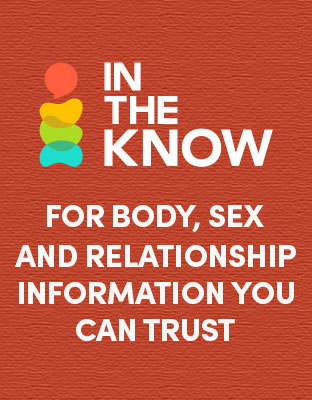Reproductive coercion screening in Family Planning NSW clinics
Family Planning NSW will screen patients for reproductive coercion after a 2019 pilot program revealed that 127 women had experienced the abuse.
Reproductive coercion is increasingly recognised by researchers and advocates as a form of violence and an abuse of a person's right to govern their body without fear or manipulation.
Family Planning NSW trialled the screening with 5497 female patients aged 16 and over who attended appointments between 1 January and 31 December 2019. Of the patients screened, 2.3% disclosed reproductive coercion.
"Reproductive coercion occurs when someone deliberately exerts control over a person's reproductive autonomy," said Family Planning NSW Medical Director Dr Deborah Bateson.
"This could mean pressuring a person into becoming pregnant, interfering with or sabotaging contraceptive methods, forcing a person to continue a pregnancy or have an abortion against their wishes, or even coercing sterilisation." Dr Bateson said.
It has significant clinical implications including unintended pregnancy, rapid repeat pregnancies and sexually transmissible infections, as well as the potential for psychological distress, anxiety and depression.
"While reproductive coercion is most likely to be enacted by intimate partners and can be an indicator of domestic and intimate partner violence, it can also be perpetrated by family members, health professionals and even at an institutional level," explained Dr Bateson.
The Family Planning NSW study found women were more likely to disclose reproductive coercion if they had four or more visits to the service, suggesting it can take time to feel comfortable about revealing this type of abuse. The research also found reproductive coercion occurs more commonly amongst women who are unemployed or have a disability.
Family Planning NSW has routinely screened clients for domestic violence since 2012. As part of the pilot, specialised clinicians received training and were prompted to add questions about reproductive coercion for each eligible patient at their first appointment and annually thereafter.
"With appropriate training and resources, specialised reproductive and sexual health service providers are well placed to recognise and respond to reproductive coercion," said Dr Bateson.
The paper notes that people who are male, transgender or gender diverse can also experience reproductive coercion, although more research is required to illuminate these experiences.
According to an editorial published in the Journal of Sexual Health by Dr Bateson, Dr Allison Carter and Associate Professor Cathy Vaughan, recognising and responding to reproductive coercion is not yet a current practice in most health settings in Australia.
"There is a real need for awareness-raising about reproductive coercion among clinicians and the general public. This is a serious health and human rights issue that often goes unacknowledged." said Dr Bateson.
Media enquiries:
P: 0402 880 653
E: media@fpnsw.org.au
W: https://www.fpnsw.org.au/




